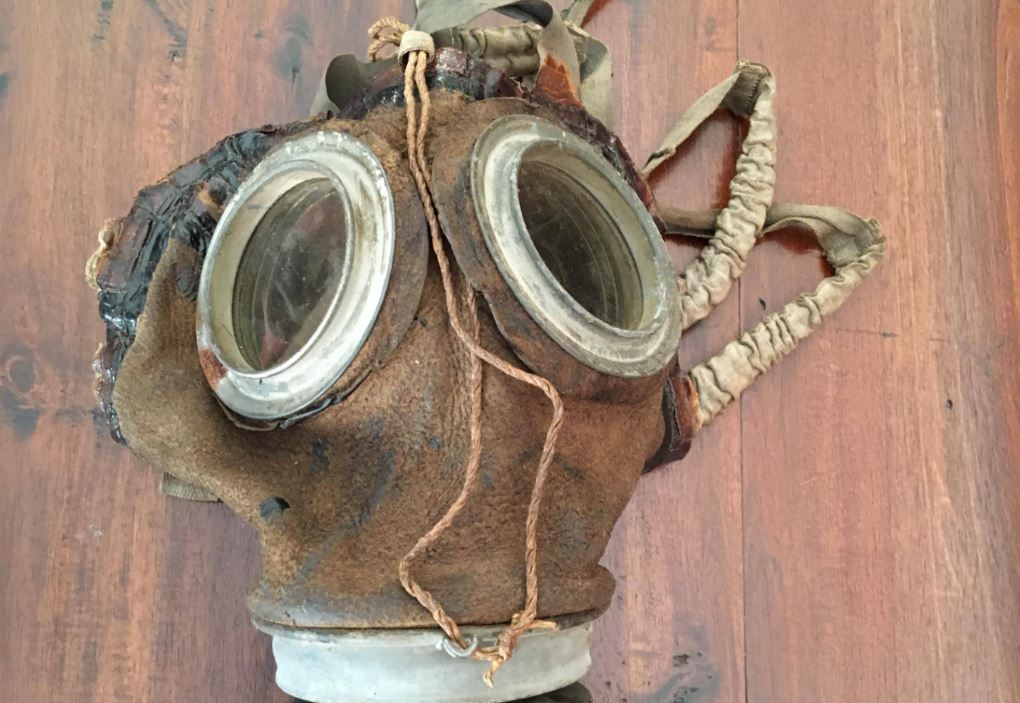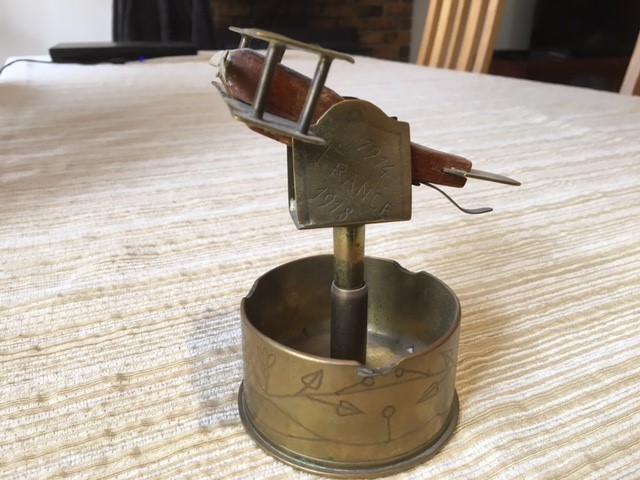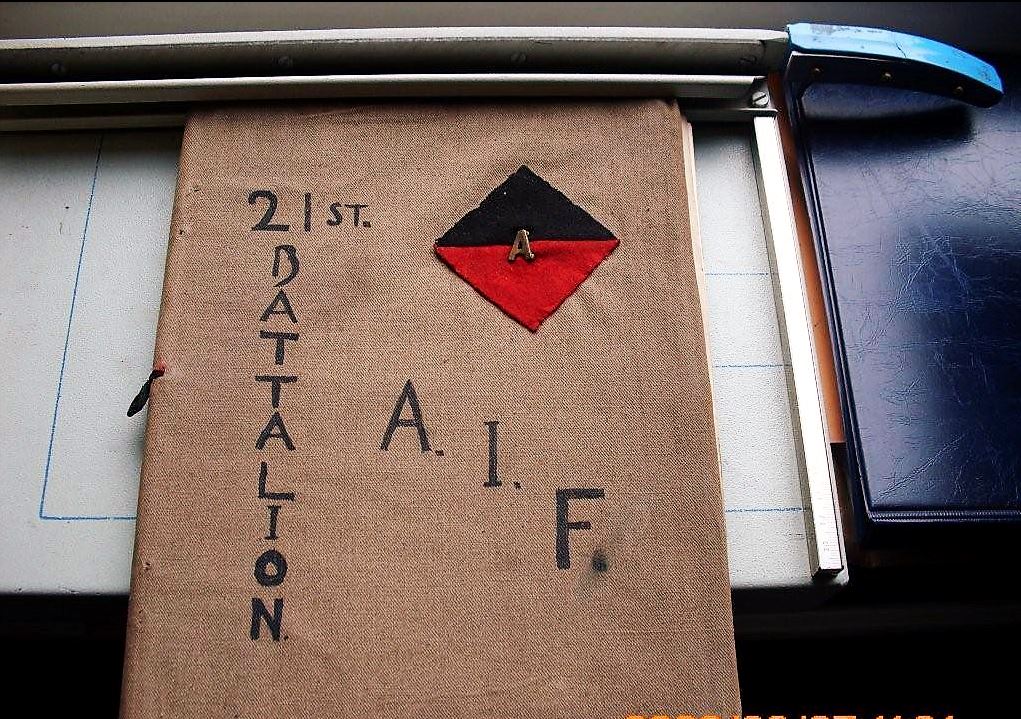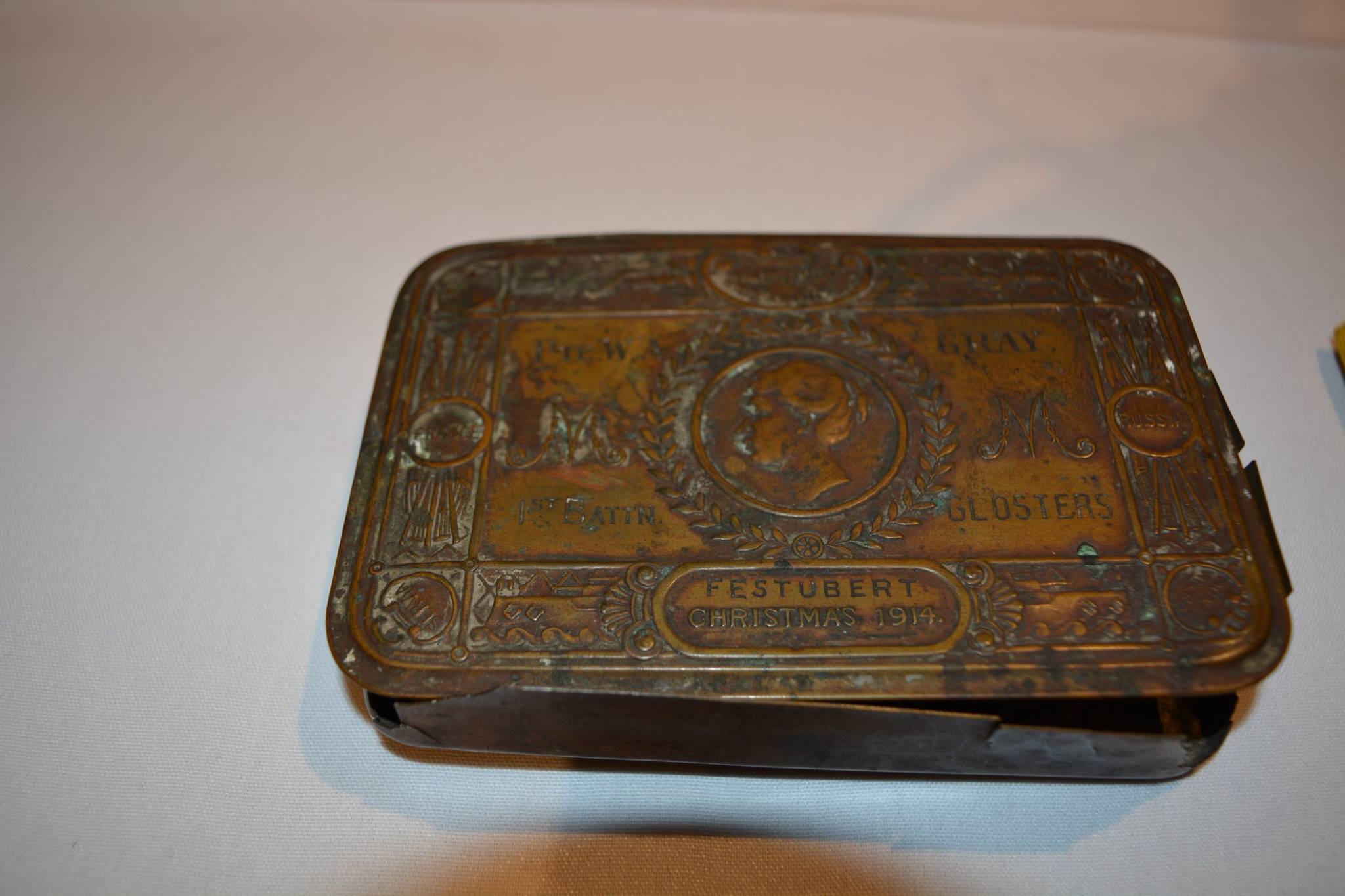
Some of the heart-rending stories and historic mementos from the trenches of France during the First World War will be in the spotlight as part of a special event in Adelaide this month.
Flinders University will host the ‘South Australians in France’ conference (23-24 February 2018), where the history of some of SA’s most interesting war souvenirs and memorabilia brought back from France one hundred years ago will be presented and explained.
The event is part of a project that aims to recognise and understand the enduring connections formed between France and South Australia during the First World War.
“Over the past year we have unearthed a number of fascinating stories linked to objects that were brought back to South Australia in the aftermath of the war,” says project director Dr Romain Fathi, a cultural and military historian from Flinders University.
“Through this project, experts from Australia and France have helped to reconstruct these stories by uncovering the origin of each object, its uses and its relevance to the First World War.
“We are excited to be part of this international project which has brought so many of these memories to life.”

Items to be discussed at the event include trench art fashioned from battlefield objects, such as an ashtray believed to contain part of the plane flown by the ‘Red Baron’ (German flying ace Manfred von Richthofen), which was shot down at the Somme in France in 1918. This interesting piece was brought to SA by the great-grandfather of one of the conference supporters.
South Australians in France research associate Dr Annmarie Reid says other objects that will be presented at the conference include a rifle bayonet, medical instruments and a gas mask.
“Family artefacts and memory objects can be touch-stones to other places and to people and times in the past – and carry great significance to the present,” she says.
“The pocketbook of Private Powlson, a Port Pirie machine gunner in France, will also yield some fascinating insights into what servicemen went through on the Front.”

Dr Fathi says the Western Front, which stretched 750km from the Belgian coast through France to the Swiss border, saw Australian soldiers “engage the German army in far greater numbers than they had engaged the Ottoman Empire at Gallipoli.
“Yet, Australians are often more familiar with the Gallipoli story than with that of the Western Front, where over 45 000 Australians lost their lives. South Australians in France has been able to recover some of this history, and highlight the bonds between France and South Australia that began in wartime but now prevail in peace,” Dr Fathi says.
The public event showcasing these stories, to be held at the Tonsley campus of Flinders University, will attract historians from Australia and France, along with representatives of the State Government, French Consulate and other dignitaries.
South Australians in France has received financial support from the French Consulate in Adelaide, the City of Unley and Flinders University. It is also supported by the Government of South Australia through the Office of the French Strategy in the Department of the Premier and Cabinet, the Minister for Veterans’ Affairs, the Anzac Day Commemorative Fund and Veterans SA. The Embassy of France to Australia, Alliance Francaise d’Adelaide and Creative France in SA have also provided support.
To attend the South Australians In France showcase, members of the public can register online.


